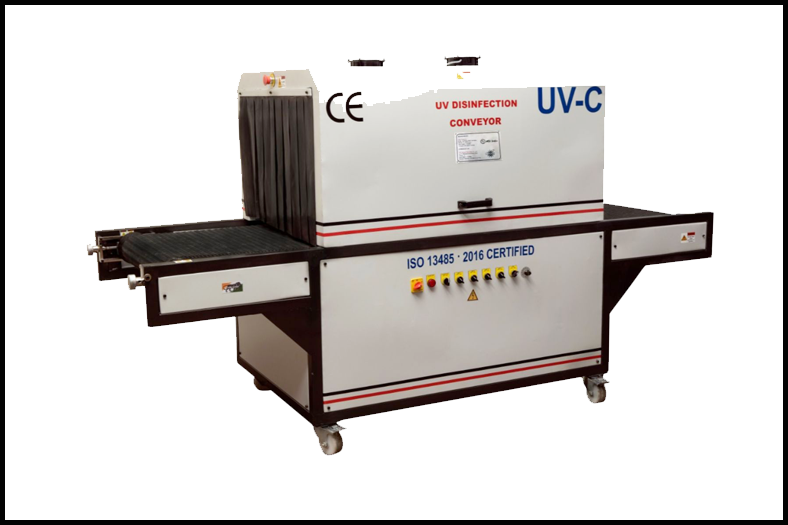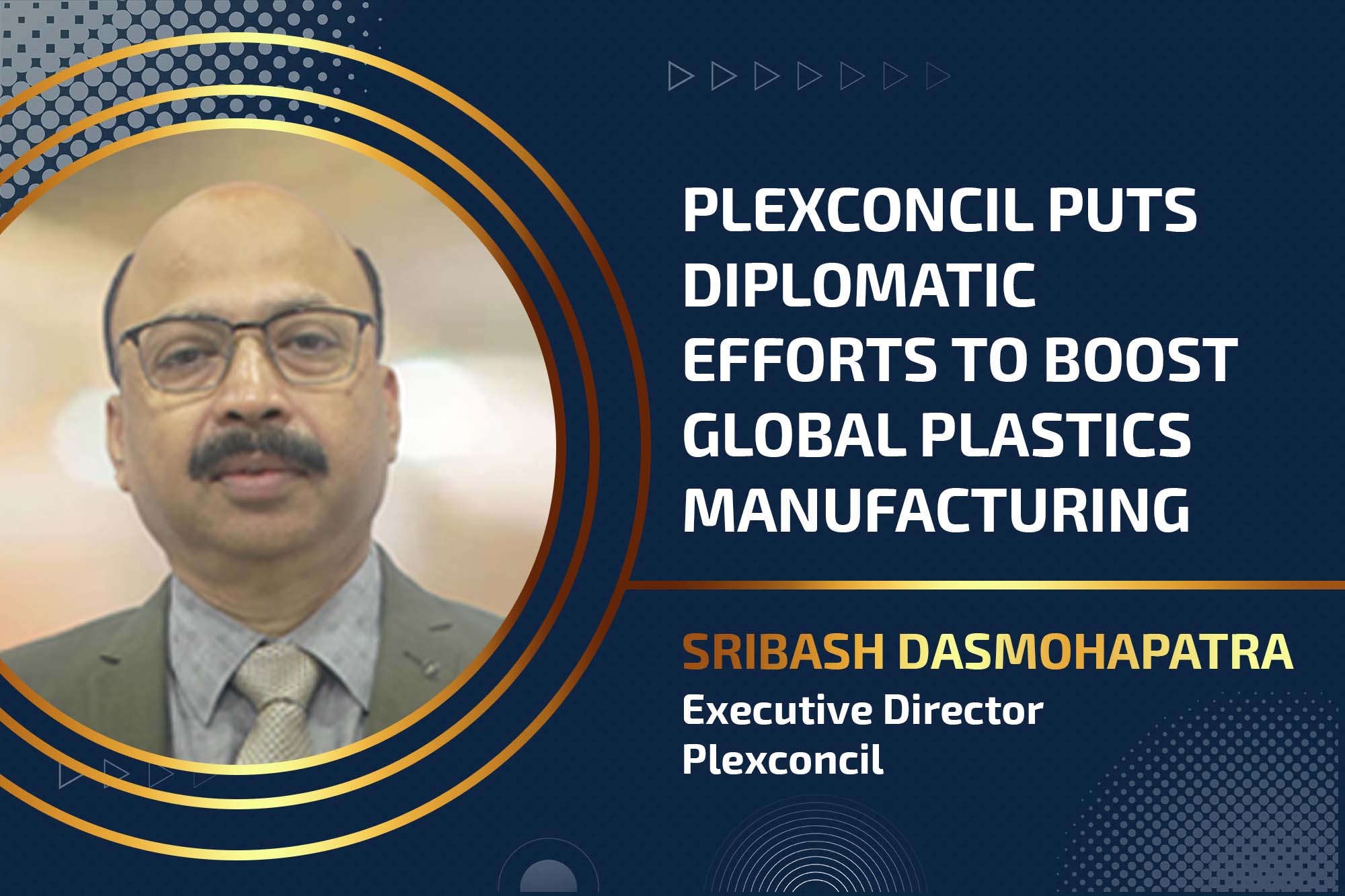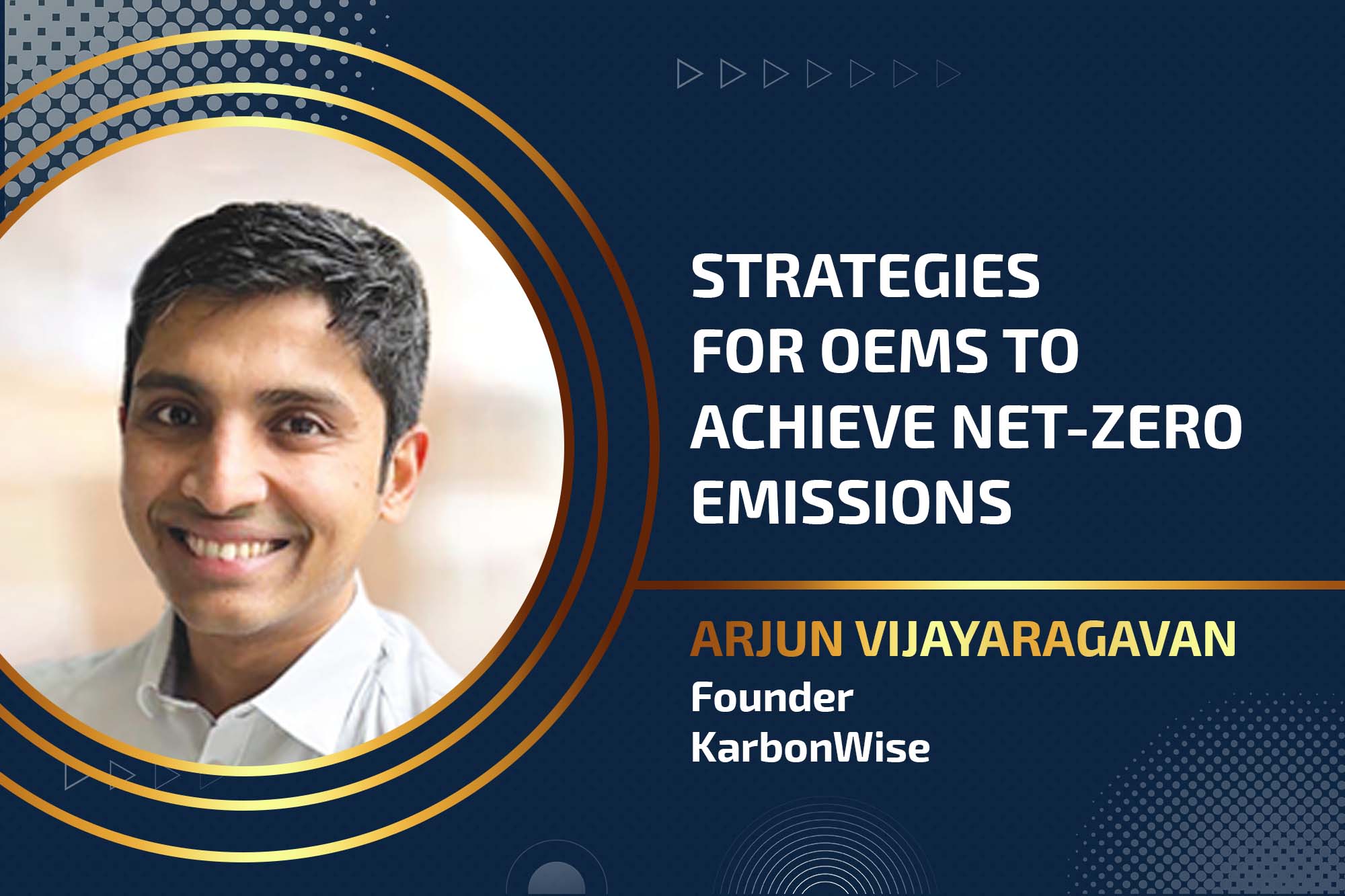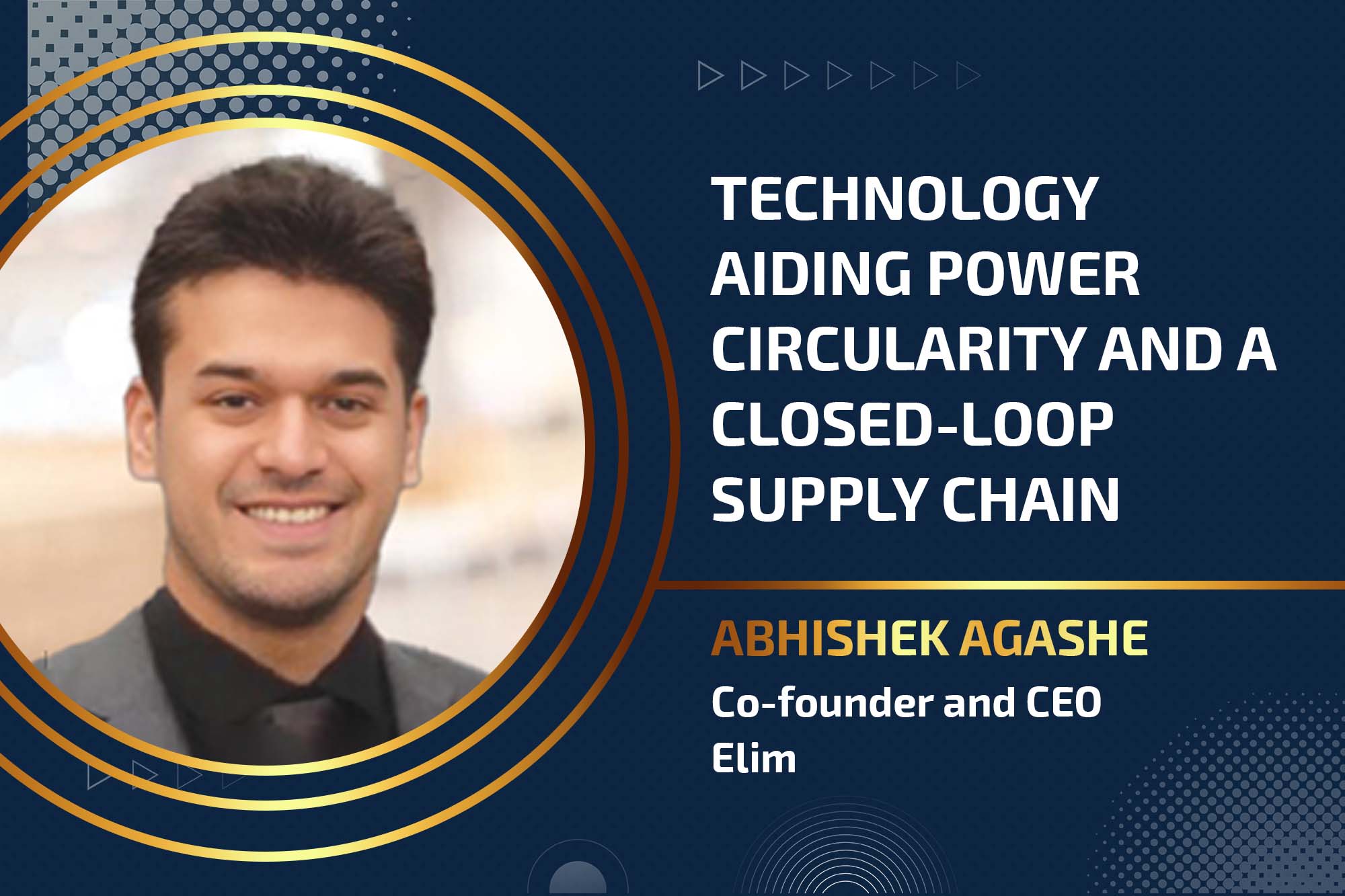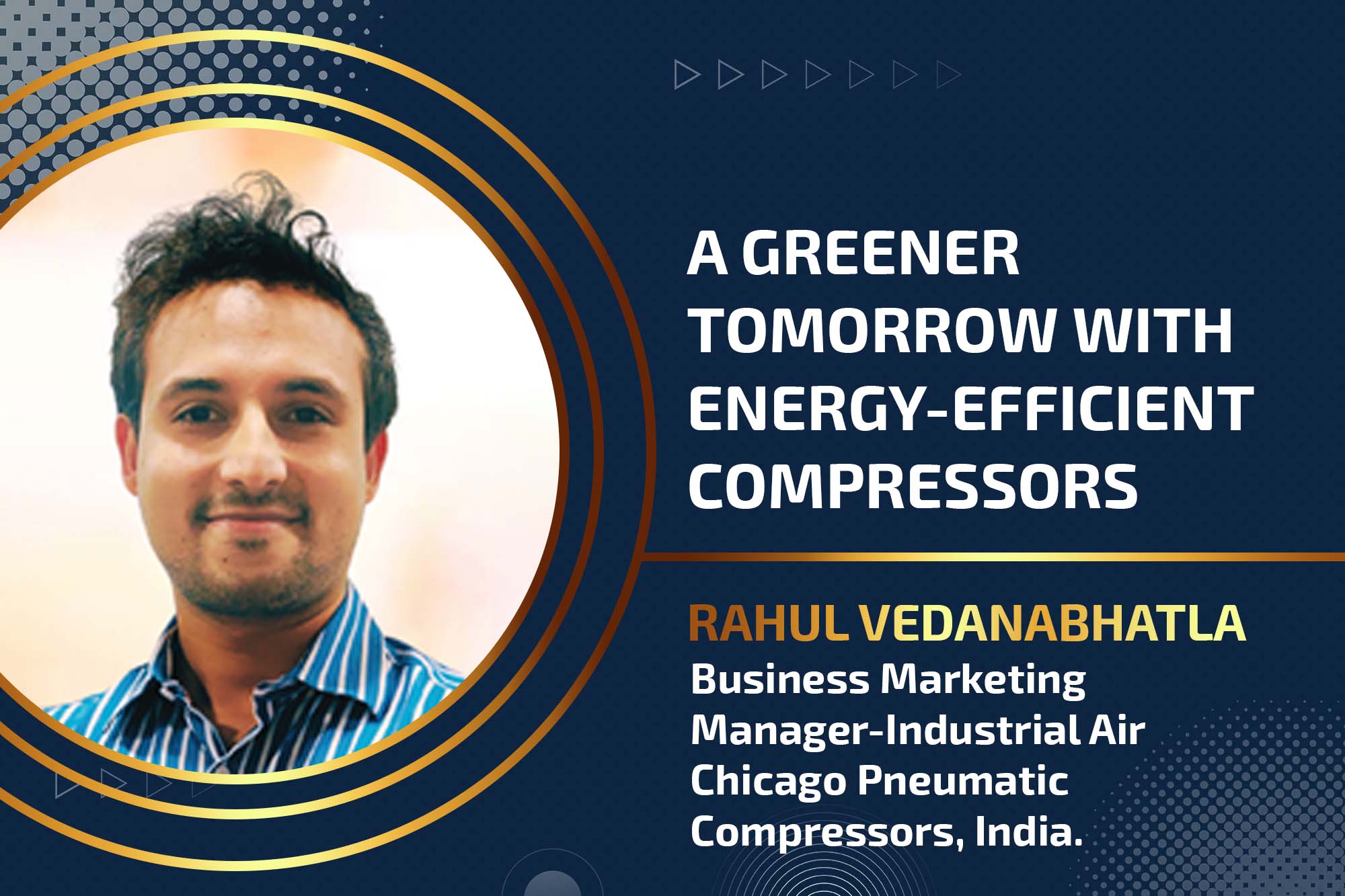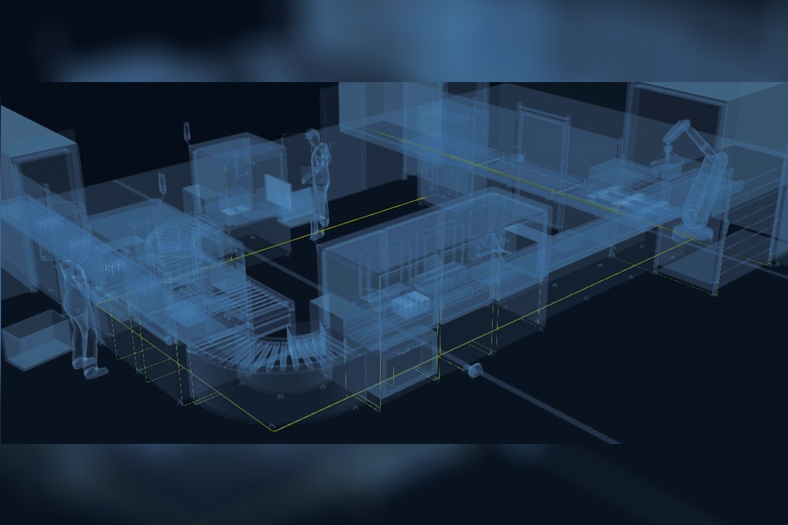Can you kill viruses with UV light?
By OEM Update Editorial September 8, 2020 11:42 am IST
How effective is UV light against viruses, bacteria, and other pathogens? Here’s all you need to know about UV technology.
What is UV light?
Ultraviolet (UV) radiation is similar to visible light in all physical aspects, except that it does not help us to see things. In scientific terms, UV radiation is electromagnetic radiation similar to visible light, radar signals, and radio broadcast signals.
There are different wavelengths of the electromagnetic spectrum that cause different types of effects on people. For example, gamma rays are used in cancer therapy to kill cancerous cells and infrared light can be used to keep you warm. UV radiation hasshorter wavelengths (higher frequencies) as compared to visible light but longer wavelengths (lower frequencies) when compared to X-rays. There are basically, three subdivisions in the UV spectrum:
How does UV light disinfect something?
Ultraviolet (UV) light in nature is electromagnetic radiation produced by the Sun. The most common forms are UV-A, which has a longer wavelength and isnot absorbed by the ozone layer; UV-B, which has a medium wavelength range and is mostly absorbed by the ozone layer; and finally UV-C, which has a shorter wavelength and is completely absorbed by the ozone layer. Modern science has been able to create UV-C lighting that can penetrate the cell wall of microorganisms, and alter their DNA structure, such that the microorganism becomes non-viable. When a microorganism is unable to multiply, it is considered dead, since it cannot reproduce within a host and is no longer infectious.
According to a study that included 21,000 patients, if the hospital rooms were sanitised with UV light in addition to traditional methods of cleaning, the transmission rate of drug-resistant bacteria was reduced by 30 percent. The reason for this is that unlike chemicals that are used as disinfectants, UV-C light can easily reach tight nooks and crannies for a much more thorough sanitization.
In a study that was conducted in the year 2017, it was found that a 222 nm UV-C light killed methicillin-resistant Staphylococcus aureus (MRSA) bacteria just as effectively as a 254 nm UV-C light, which would have posed a health hazard to humans. The same study was repeated in the year 2018 on the H1N1 virus and again the narrow wavelength was found to be quite effective against the virus strain.
UV-C radiation is a great tool for killing viruses and bacteria because they cannot develop resistance against it and it does not leave any chemical residue behind, while at the same time being more effective than chemical disinfectants. The process of UV disinfection, also known as UV sterilisation, is called ultraviolet germicidal irradiation (UVGI).
Ultraviolet light is becoming more widely used in healthcare facilities for effectively disinfecting surgical tools, patient and operating rooms. Water disinfection is currently the most advanced and most accepted germicidal application of UVGI. It is also used in self-contained room air disinfection units. Studies have shown that UV-C at 254 nm is effective against all foodborne pathogens, natural microbiota, moulds, and yeasts. Owing to its germicidal properties, UV-C light is used for disinfection in many food processing/food packing industries to increase the shelf-life of the product.
Is UV-C light effective against Covid-19?
There’s plenty that we will need to consider before arriving at an answer. Many independent research organisations have corroborated that UV-C light is capable of killing the novel Coronavirus, but it all depends upon the dosage, which, in this case, is quite high. It has been found that among hundreds of different viruses, COVID-19 is the one that requires the highest dosage of UV light. This means that portable items like UV wands and lamps would be ineffective in killing the virus. This also means that the type of UV radiation that can kill the Covid-19 strain would also be harmful to humans.
A study published in ‘New England Journal of Medicine’ in March 2020 by a scientist from the National Institutes of Health (NIH), CDC, University of California, Los Angeles (UCLA), and Princeton University, states the virus can live on surfaces like plastics and stainless steel for up to 3 days and cardboard surfaces for up to 24 hours.
Another study was published by the CDC which studied the spread of the virus through surfaces in the Diamond Princess cruise ship. Over 700 of the ship’s 3,711 passengers had been diagnosed with the infection in February, and the ship was quarantined in Japan’s Yokahama for several days. The report said that 17 days after all passengers and crew were moved, traces of the Covid-19 virus could still be found inside the ship.
A study by researchers at the University of Hong Kong in April stated that traces of the virus were found on glass and banknotes for up to four days and stainless steel and plastic for five days. The researchers also found that the virus also survived on masks for a week.
Places like shopping malls, departmental stores, cinema halls, hospitals, education institutes, office & residential complexes, places of worships, airport, metro and railway stations witness a constant flux of people, and installing a UV Disinfection Conveyor at such places can add a much-needed layer of protection.
Benefits of UV light over other chemical disinfectants for cleaning of surfaces and everyday use objects
Currently, alcohol-based sanitizers and chemical disinfectants are being used for cleaning hands, objects, and various other surfaces. Chemical-based products have certain unwanted side-effects for both humans as well as the environment. Alcohol-based products are flammable and must be handled accordingly. Not to forget that sanitizers and disinfectants can only be used on a limited number of things. For instance, one can’t use these corrosive chemicals against delicate everyday objects. It is also recommended to avoid eating immediately if you have used hand sanitizer instead of soap to clean your hands. However, we need to do what is necessary to keep ourselves safe in as efficient a manner as possible.
This is where UV disinfection comes as a practical and convenient solution. UVGI has been recommended and used by the United States Army, the CDC, WHO, DRDO, and the Institute of Virology, Pune.
With constant research and innovation, UVGI is being made more and more effective against the pathogens – which is great news for all of humanity.
Authored by:
Vandana Vinayak,
Founder, MSV India Inc.
Cookie Consent
We use cookies to personalize your experience. By continuing to visit this website you agree to our Terms & Conditions, Privacy Policy and Cookie Policy.



